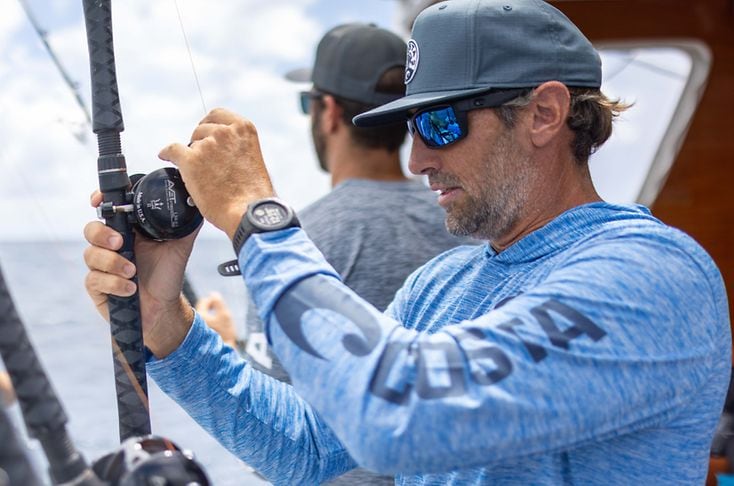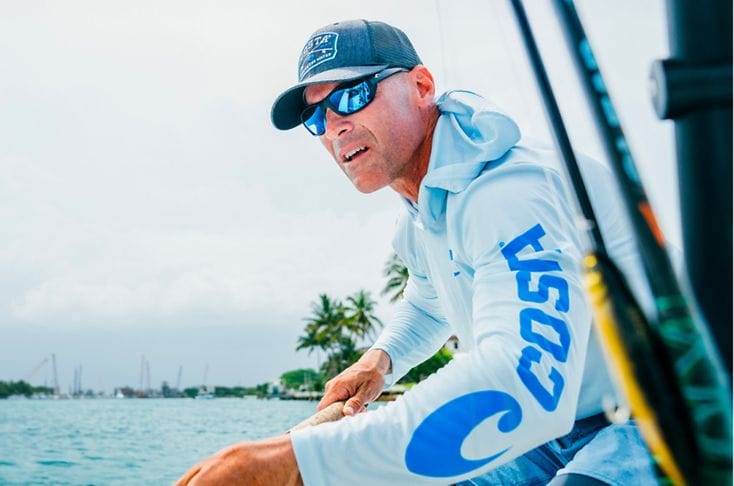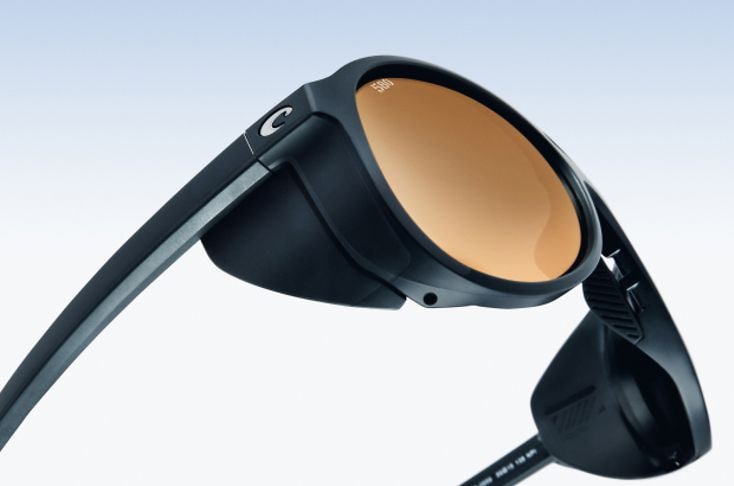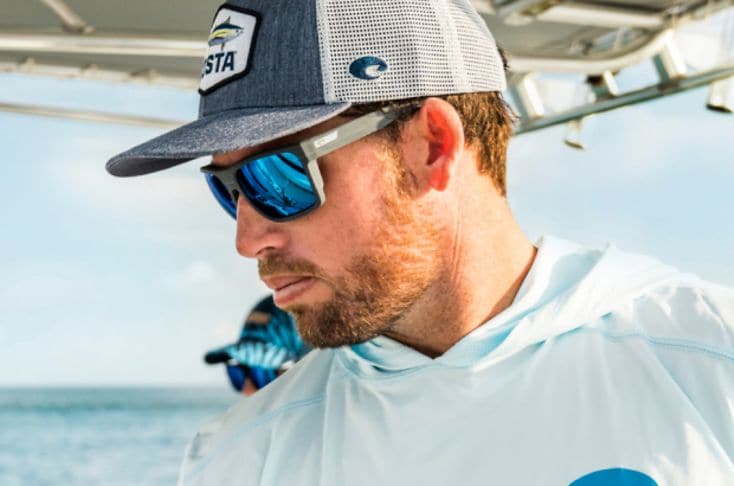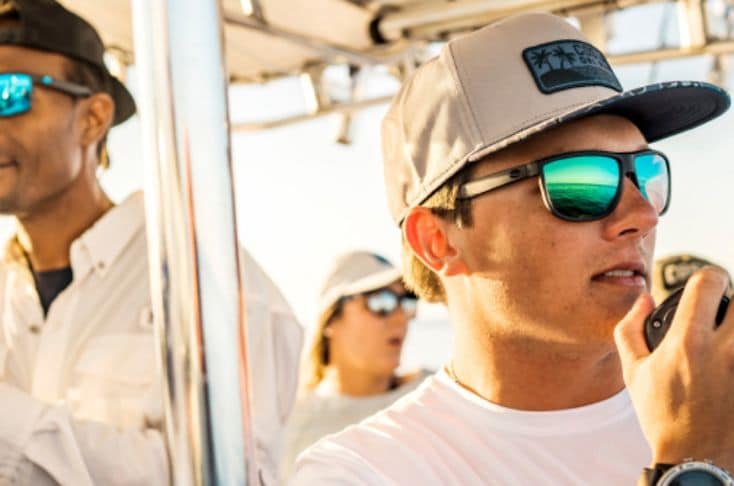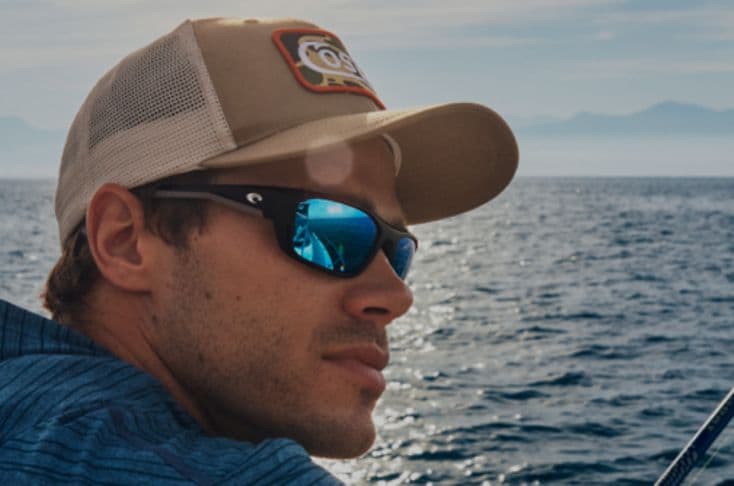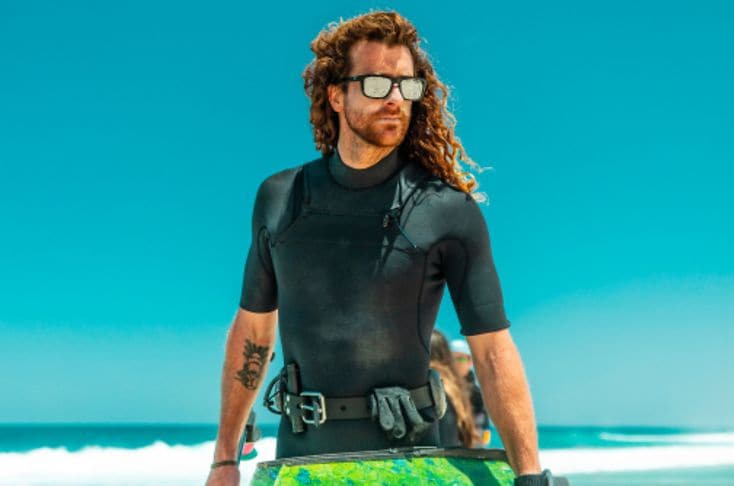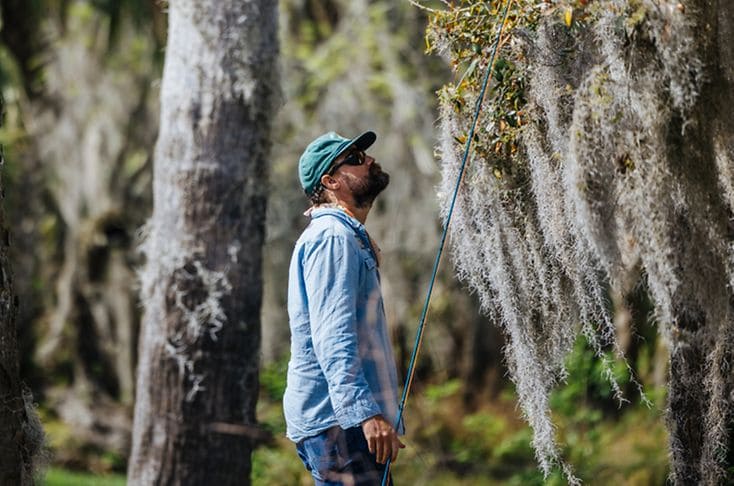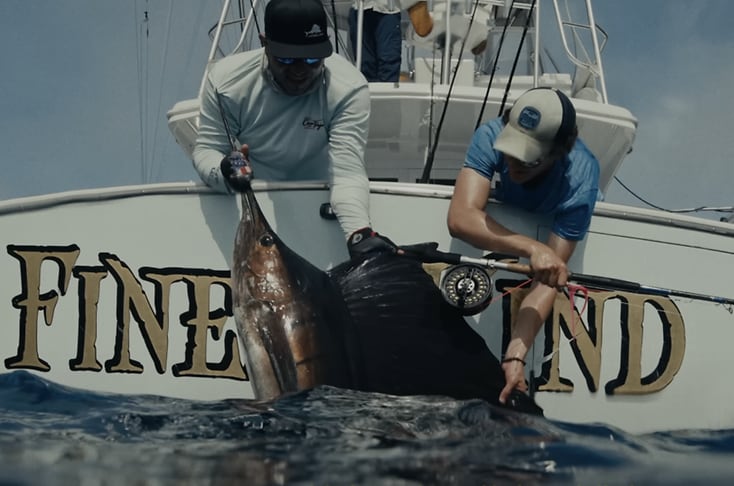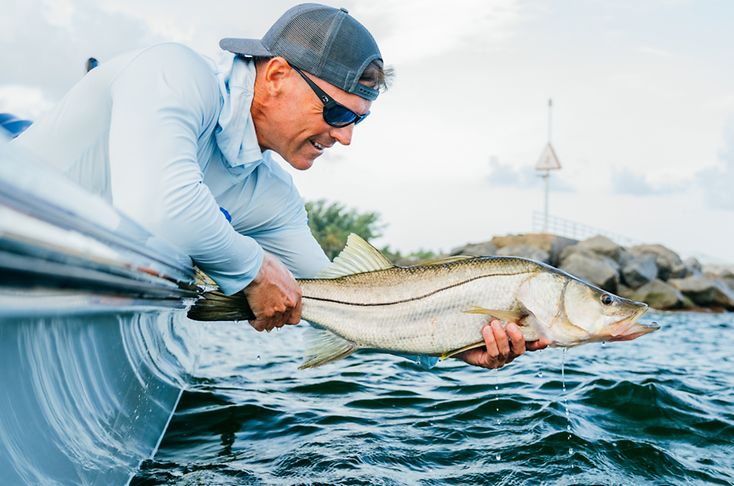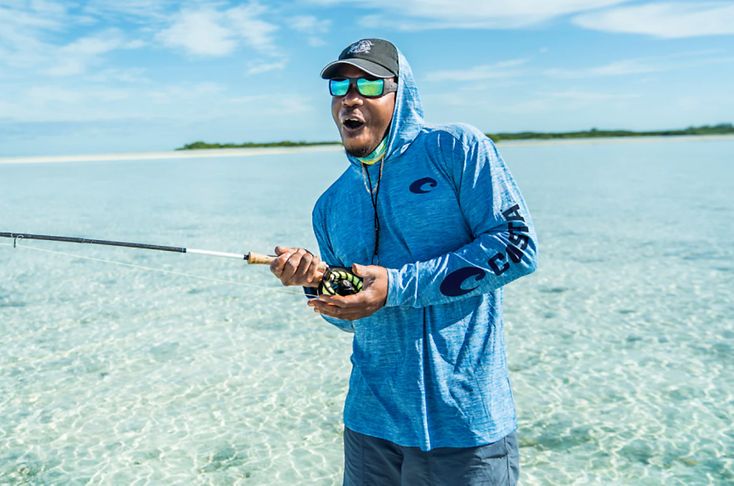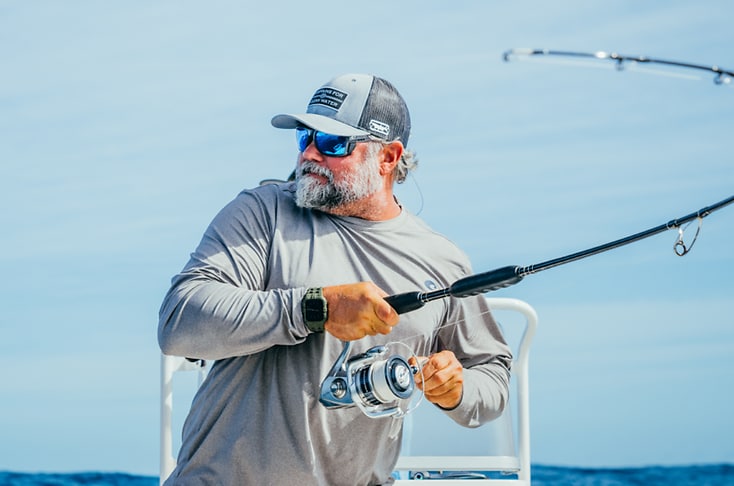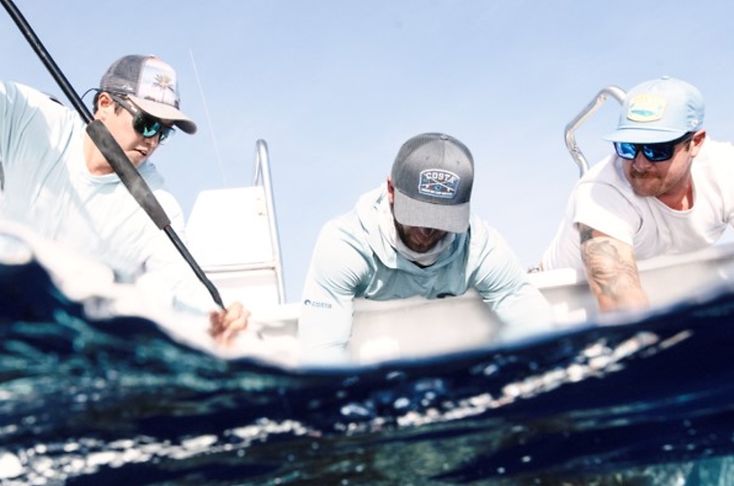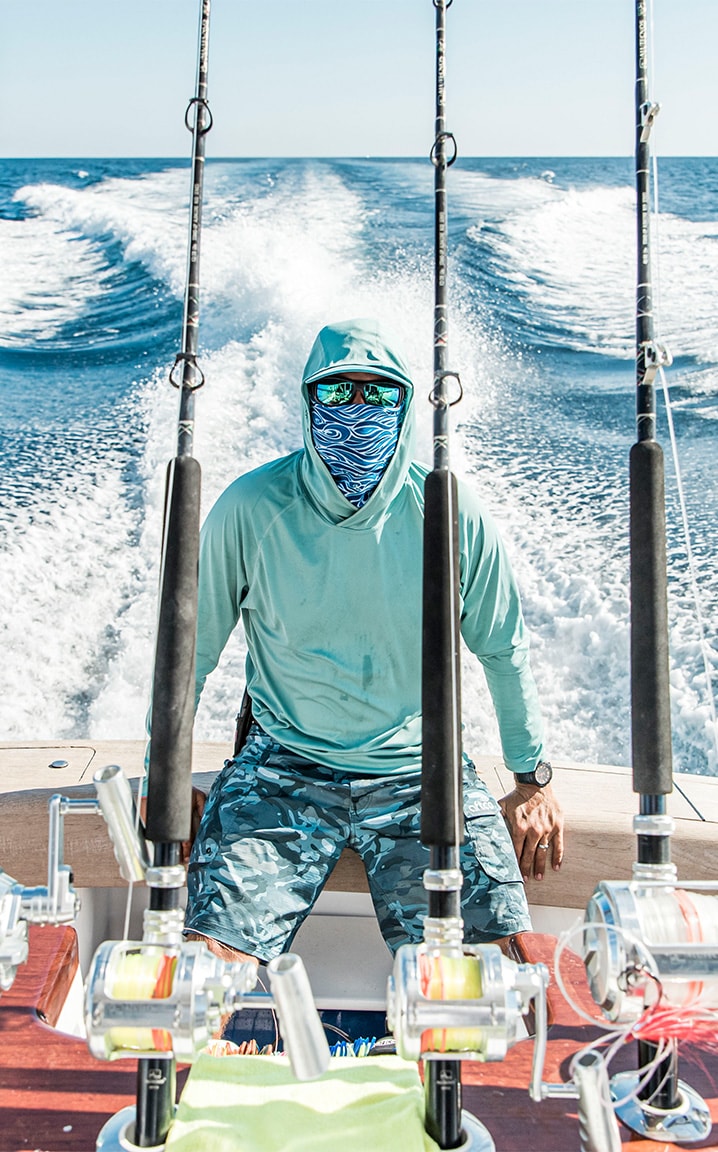Eco Series: Costa Del Mar's Journey Towards Sustainable Sunglasses
At Costa, we don’t just make high-performance eyewear. We’re on a mission to protect the watery world we call home.
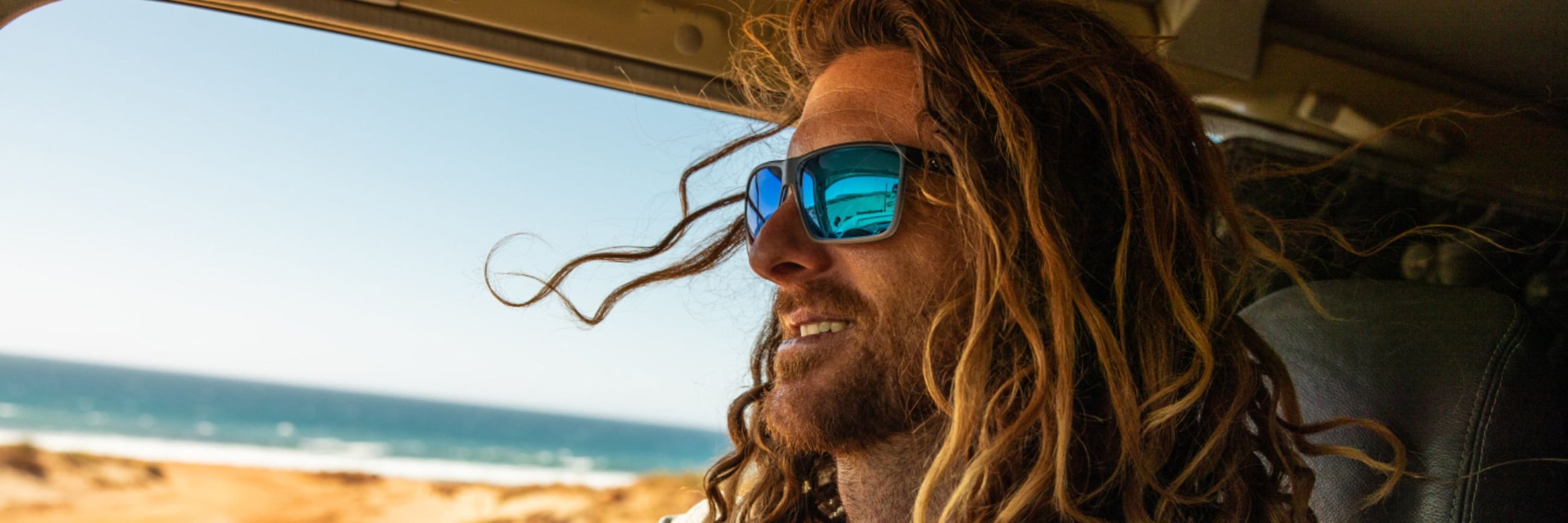
Costa's Commitment to a Greener Planet
At Costa, we don’t just make high-performance eyewear. We’re on a mission to protect the watery world we call home. Every step we take aims to reduce our carbon footprint and positively impact the environment. We’re all about protecting what’s out there.
This commitment to sustainability shapes who we are and the products we create. We’re proud to offer eco-friendly eyewear that reflects our dedication to preserving marine environments and conserving ocean life.
We aim to make a difference, one pair of shades at a time. Read on to learn about our sustainability efforts and our eco-friendly sunglasses.
Costa's Eco-Friendly Sunglasses Collection
At Costa, sustainability isn’t a trend — it’s part of our DNA. Our mission to create eco-friendly sunglasses drives us to seek new materials and follow responsible manufacturing practices. We’re committed to crafting sustainable sunglasses for adventurers who share our passion for protecting the planet.
From recycled materials to bio-resin frames, our sunglasses fuse conservation with quality. They also maintain the durability Costa is known for. Learn more about these collections below:
Recycled Sunglasses: The Untangled Series
The Costa Untangled collection turns discarded fishing nets into high-performance eyewear. Made from at least 97% recycled fishing nets, these shades play a part in conserving the ocean’s ecosystem.
Discarded fishing nets are extremely harmful to ocean life. But through our partnership with Bureo, nets are collected from Chilean fisheries and transformed into sustainable sunglasses. Each year, we repurpose one ton of discarded fishing nets for our Untangled series.
Our Untangled collection features 580 lens technology, offering visual clarity and comfort. These recycled sunglasses also come in a range of frame options to suit your taste.
Bio-Based Sustainable Sunglasses
Our bio-resin sunglasses are another key part of Costa’s sustainability efforts. In fact, they’re central to our Kick Plastic initiative. (Read more about this project below.) By using bio-based materials, we’re reducing our carbon footprint. But we’re also crafting sustainable sunglasses that don’t compromise comfort, function or style.
Designed to withstand the gnarliest conditions, our bio-resin frames showcase the strength of eco-friendly sunglasses materials. By using bio-resin instead of petroleum-based plastics, we lower our carbon emissions while maintaining frame durability.
Our bio-resin raw material process involves:
Harvesting castor plant seeds
Processing the seeds into castor oil
Creating bio-based plastic resin from castor oil
Crafting plastic frames from bio-based resin
Costa’s bio-based sunglasses also feature 580 lenses for superior optics. They come in a variety of frame shapes and styles to meet your needs.
Responsible Packaging and Green Shipping
At Costa, we take eco-friendly one step further. We’ve implemented the following measures to ensure our packaging and shipping practices reflect our commitment to the environment:
Packaging
We use paper packaging certified by the Forestry Stewardship Council (FSC). This organization sets standards for sustainable forestry practices.
By using FSC-certified materials, we’ve reduced single-use plastics across our entire brand. In just six months, we cut out one million polybags by transitioning to paper packaging.
Shipping
Costa offers green shipping options that reduce or offset carbon emissions. These include:
Full ground service – Shipping is completed entirely by ground to lower emissions.
Emissions compensation program – Shipping providers help offset carbon emissions by supporting environmental efforts. These include projects like reforestation and renewable energy.
Beyond Sunglasses: Costa's Broader Eco Initiatives
Costa’s dedication to the environment goes beyond sustainable sunglasses. From reducing plastic waste to supporting disaster relief, Costa takes a multi-faceted approach to conservation. Some of these efforts include:
The "Kick Plastic" Campaign
Plastic can take centuries to degrade. And far too much of it winds up in our waterways. This poses a significant threat to both land and marine ecosystems.
In 2015, Costa launched the Kick Plastic campaign to reduce plastic use across our brand. We encourage everyone to join the movement and help cut down on single-use plastics.
Through the efforts of our Kick Plastic Guide Ambassadors, we’ve helped avoid the use of 500,000 single-use water bottles each year. Learn more about Costa’s “Kick Plastic” initiative and how you can make a difference.
Since 2019, we’ve also recycled 18 tons of polycarbonate lenses. This is yet another way we’re contributing to a cleaner environment.
Other Conservation Partnerships
Costa partners with organizations like the following to help preserve our oceans and marine life:
Coastal Conservation Association
Surfrider Foundation
Costa 5 Rivers
Compete + Conserve
Indifly
One Coast
Ocearch
International Gamefish Association
…and many others
Together, we’re taking steps toward creating a plastic-free future for our waterways. Learn more about our eco-initiatives and how we’re taking action.
Join Costa's Eco-Friendly Adventure
For over 40 years, Costa has been dedicated to protecting the watery world we call home. As we continue to push the boundaries of sustainability, we strive to find new ways to incorporate eco-friendly practices into everything we do.
Join us in kicking plastic, embracing sustainability and protecting what’s out there. Check out our sustainable sunglasses collections today and take part in the movement to preserve our planet.
SOURCES:
1. Mitigation approach of plastic and microplastic pollution through recycling of fishing nets at the end of life. Process Safety and Environmental Protection. February 2024.
2. Certification system. Forest Stewardship Council (FSC). Accessed September 2024.
3. Sustainable plastic waste management in a circular economy. Heliyon. July 2022.

















